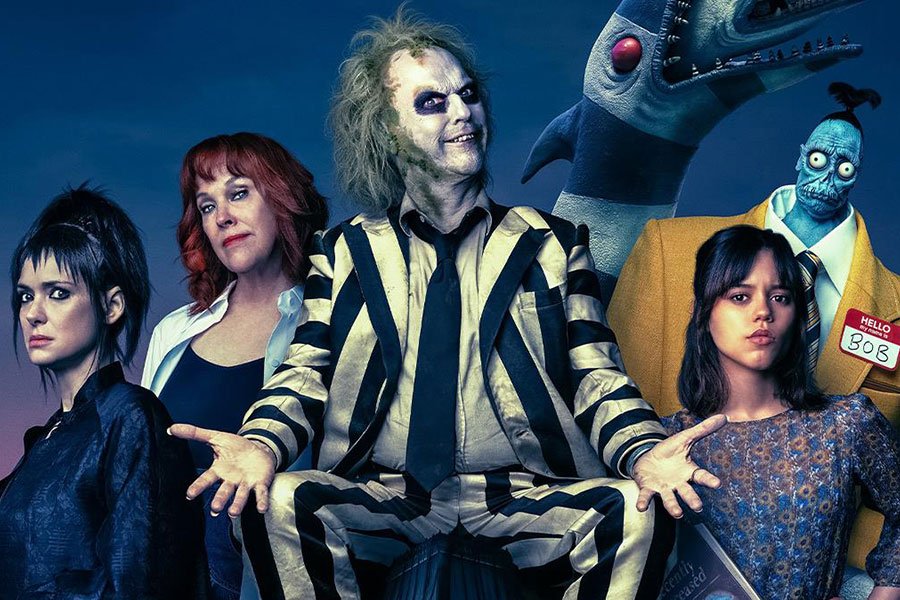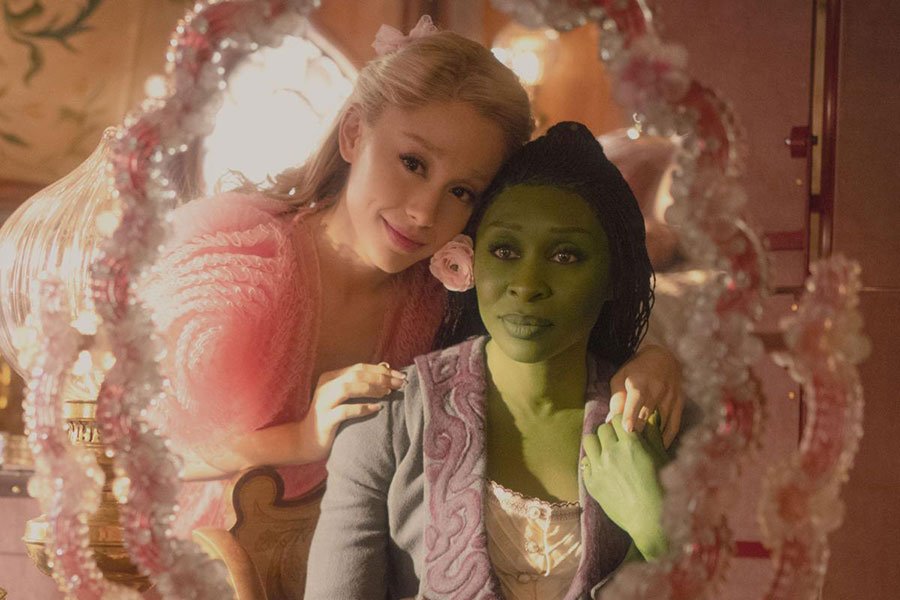
Charli and Dixie D’Amelio’s TikTok Followers 2021
October 24, 2022
A business game is a simulation of a real business
November 13, 2022Abigail Elphick Update 2022
Abigail Elphick Update 2022,The recent Turn it Off Challenge has generated some controversy online, with predominantly white women crying and sneering at Black and people of color. Many black creators have since responded, creating duetting videos. In one of these videos, Abigail Elphick is seen vilifying and attacking Ijeoma Ukenta.
Ijeoma Ukenta
Abigail Elphick has made the news in the past few days due to an incident in a shopping mall. The New Jersey native, who has become known as “Victoria’s Secret Karen,” was spotted in a video charging at a black woman. The incident has gone viral after Ijeoma Ukenta posted videos of the incident on social media.
Ukenta has started a GoFundMe account to raise funds for her legal defense. The account is called “Help Me Defend Myself Against Karen Elphick.” Since its launch, it has garnered over $54,000 and has surpassed its initial goal of $20,000.
Abigail Elphick
In her police report, Abigail Elphick says that she had a panic attack because she realized she was being videotaped. She was worried that she might lose her apartment and job. Her mother said that she did not want the police to believe her. Elphick’s mother works for a police department in another city. A GoFundMe campaign has been set up for her daughter. She hopes to raise $50,000 within 24 hours.
Also Read: NBA Injury Report – Today’s Action
The video has since gone viral. Abigail Elphick has been compared to Karen from the Victoria Secrets magazine. The video shows her hitting a black woman. It is not clear whether the video was filmed before or after the incident, but it is clear that Elphick was hysterical when she realized she was being videotaped.
Ijeoma Elphick
Abigail Elphick’s attack on Ijeoma Ukenta has gone viral and Millburn police have been blamed for failing to protect a Black woman. Elphick is also dubbed as “Victoria’s Secret Karen” and “Get her away from me Karen.” The incident took place at the Short Hills Mall and Ijeoma Ukenta filmed it and posted a six-part video on TikTok.
The confrontation started when Elphick was attempting to make her purchase. Abigail yelled at her for recording her and tried to push her out of the way. She then calls security to complain about Ukenta. Elphick then runs after Ukenta, chasing after her in the store. The Millburn Police Department responds to her request but they can’t escort Elphick out.
Millburn Police Department
If you’re looking for a police officer in Millburn, New Jersey, you may be wondering if there’s a woman named Abigail Elphick on their roster. She was recently reported to the Millburn Police Department for an assault and harassment incident. The victim of the assault and harassment, Ijeoma Ukenta, posted a video of the incident on YouTube in which Elphick charged at her with her hand open as if to strike. The video shows Elphick chasing Ukenta through the store and she was crying hysterically.
In the video, Abigail Elphick is seen attempting to attack a Black woman at a short-hitch mall. As Ijeoma Ukenta filmed the assault, Elphick became upset and charged at her with an open hand. Once she realized that the video was being recorded, she backed off and put her face in her hands.
Short Hills Mall security
Abigail Elphick is a black woman from New Jersey. She was arrested for attacking a white woman in a mall last month. The video showed her hurling an object at the store clerks. Her mother, Karen Elphick, is a police officer and has since taken legal action against the woman.
A Twitter user reportedly claimed Elphick was related to veteran Millburn cop Kim Elphick. The theory was started due to their similar last names and quickly spread on the social media platform. However, the lieutenant in question was able to clear the air. She called the information false and libelous. She said that she would file a report against the attacker.
The footage has become viral. Elphick claimed that she was the victim of a harassment attack. She also told the shopper that she was not a racist and claimed that she was acting in self-defense. Apparently, she was scared of losing her apartment and her job.



